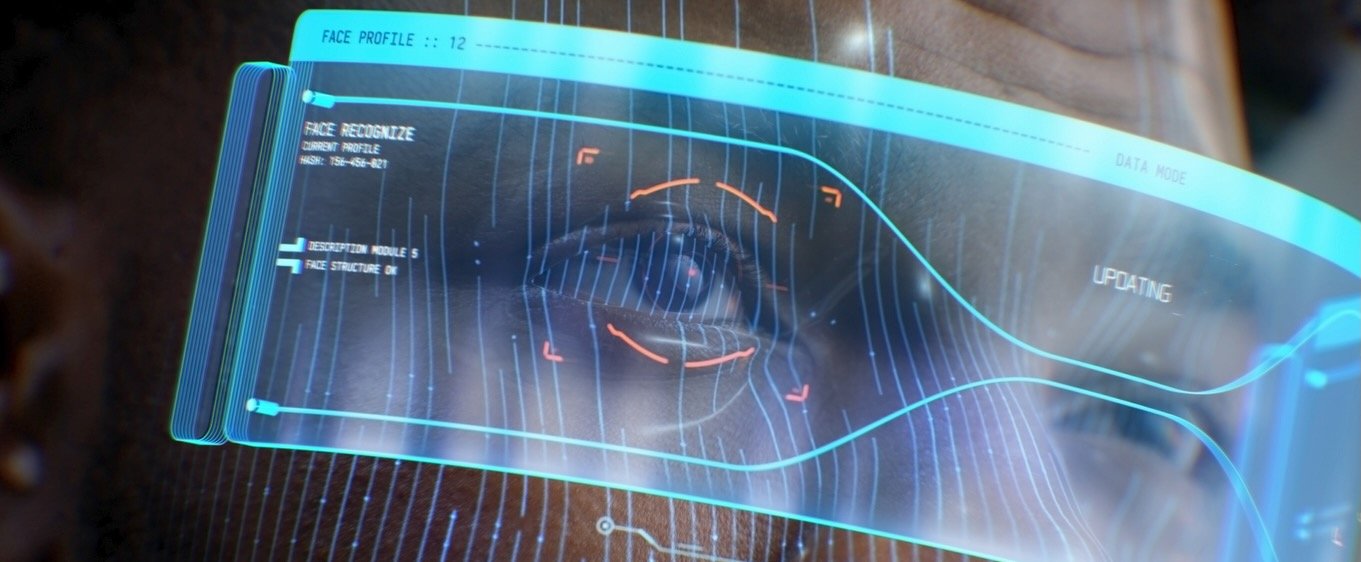Futures Studies and Concepts
Futures studies is a multidisciplinary approach to anticipating, understanding, and shaping future events and trends. For police leadership teams, futures studies are an essential way to anticipate potential problems early, allocate resources optimally, modify training protocols accordingly, inform policy development processes more efficiently, build community trust, and stay abreast of emerging crime threats and technological innovations. By remaining proactive and adaptive police can better navigate today's complex environment of criminality, societal dynamics, and technological innovations. Police leaders are expected by the people they’re paid to protect to anticipate events and issues impacting community safety and be prepared effectively deal with them.
In some ways, policing’s operational credo should be “If we can predict it, we can prepare for it.” Sadly, there are countless examples of policing being unprepared for major events. For example, the recent COVID pandemic caught most police organizations unprepared even though the 2003 outbreak of SARS in the Toronto Police Department (Canada) was studied extensively and still serves as a excellent example of how a severe public health event like a pandemic can impact public safety.
Efforts focused on the future of policing draw upon several core concepts of futures studies: scenario-building, trend analysis, the Delphi Method, backcasting, cross-impact analysis, environmental scanning and the futures wheel. These more technical methodologies enable police departments to become forward-leaning, anticipatory and prepare for significant challenges while remaining effective, relevant and aligned with community needs in an ever-evolving and increasingly unstable world. In this section we explore the practical application of these tools and how policing’s move toward an anticipatory posture increases public safety.


